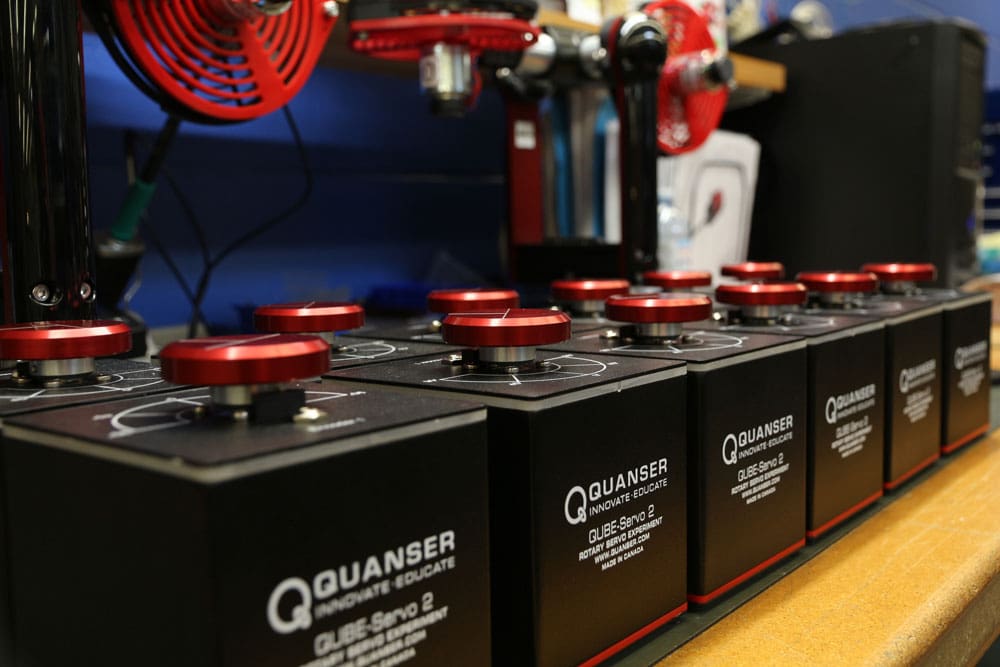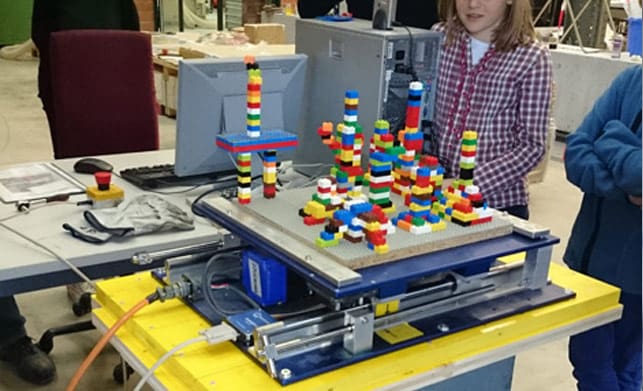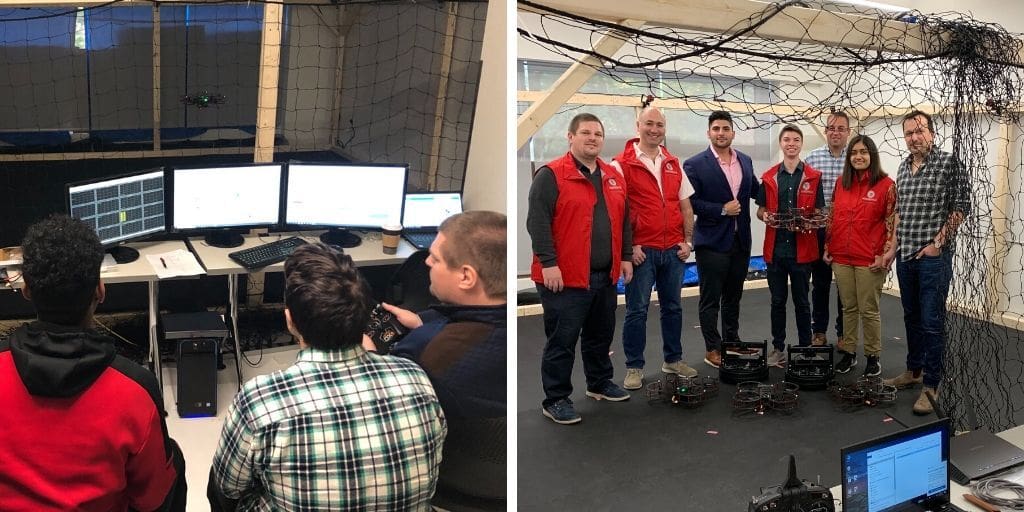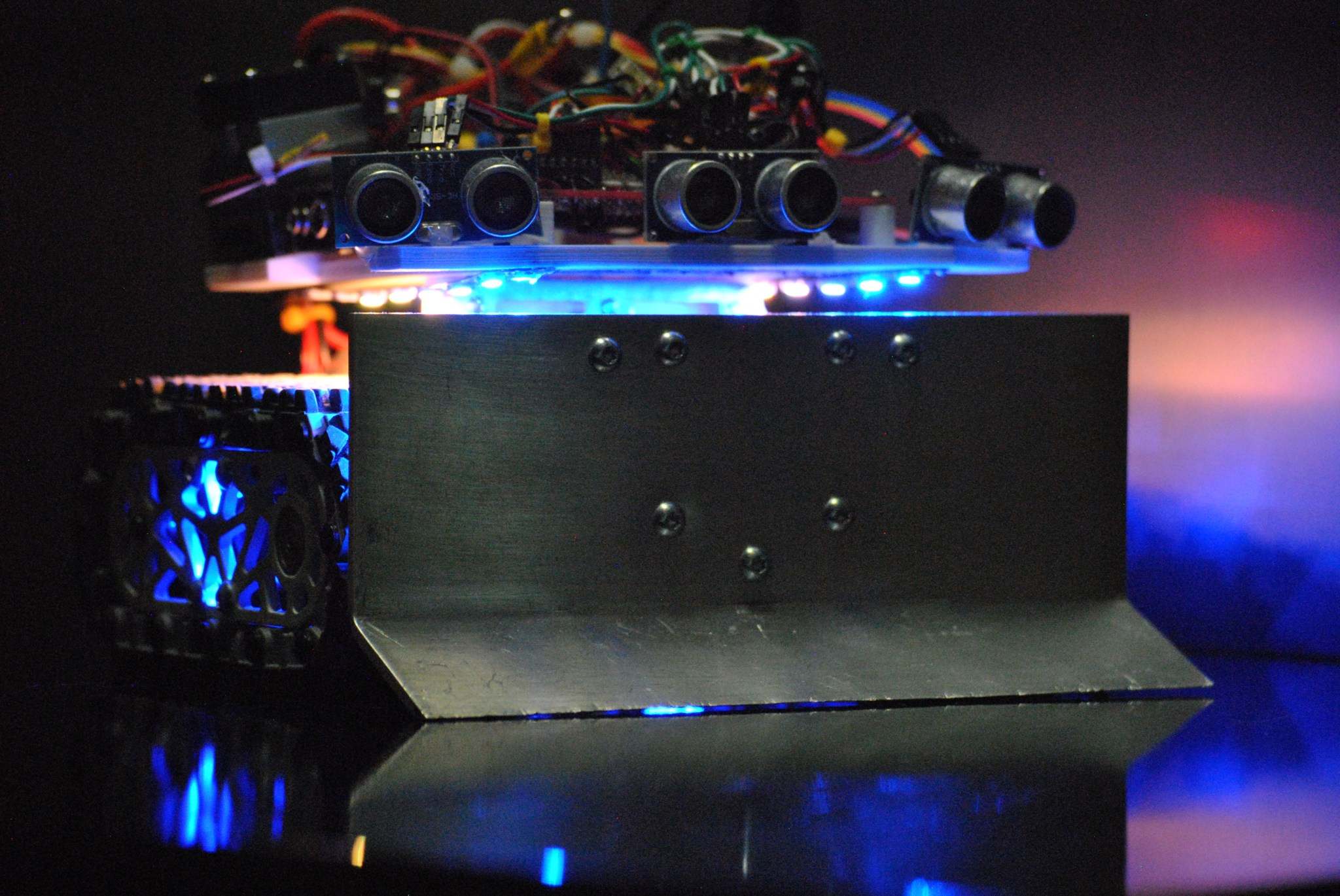
Shaqeeb wanted to be an engineer as long as he can remember. Like many current and aspiring engineers, he joined the FIRST Robotics team at his high school and later became a mentor for the team. But when he started looking for a university engineering program he would like, Shaqeeb wasn’t sure which engineering field he wanted to focus on. In the end, mechatronics – bringing together mechanical, electrical, and software engineering – seemed to be an ideal choice. So here is Shaqeeb today, just finishing his 2nd year of the Mechatronics Engineering program at McMaster University.
From FIRST to Controls
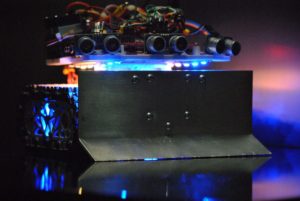
With his FIRST Robotics background, robots, and their control specifically, was always of interest to Shaqeeb. He wanted to learn more to help his team build a better robot, but also use the knowledge for his home projects, stuff he likes to tinker in his free time.
As universities typically offer control systems courses only at the senior undergrad level, he set out on his own path of learning. But that wasn’t easy – he did not know which concepts to start with, and in what order he should go through them. He found that standard textbooks often required a lot of previous knowledge, so he had to constantly fill in those gaps, making his learning path very tedious. Besides, learning only from a textbook had its obvious limitations.
From textbook to Experience Controls
The discovery of the Experience Controls textbook app came at a perfect time for Shaqeeb. Well, it was more a recommendation from a fellow FIRST Robotics team mentor, an engineer at Quanser, but that’s not the point.
Shaqeeb downloaded the app and immediately, he was ‘pretty blown away’, as he put it. He really liked how all the concepts were organized in the mobile textbook – not in chapters, abstracting the whole concept, but in the smaller chunks. That way, he could focus deeper on the areas he wasn’t strong at, and scan through those he already had some knowledge about. For example, thanks to the FIRST Robotics, he felt fairly well versed in integrating with sensors, so he didn’t have to worry too much about the Sensor section. He still went through it but spent much more time on topics like data acquisition, signal conditioning processes. “I never realized that those were such intense concepts, and there were so many things that I didn’t understand or appreciate,” he noted.
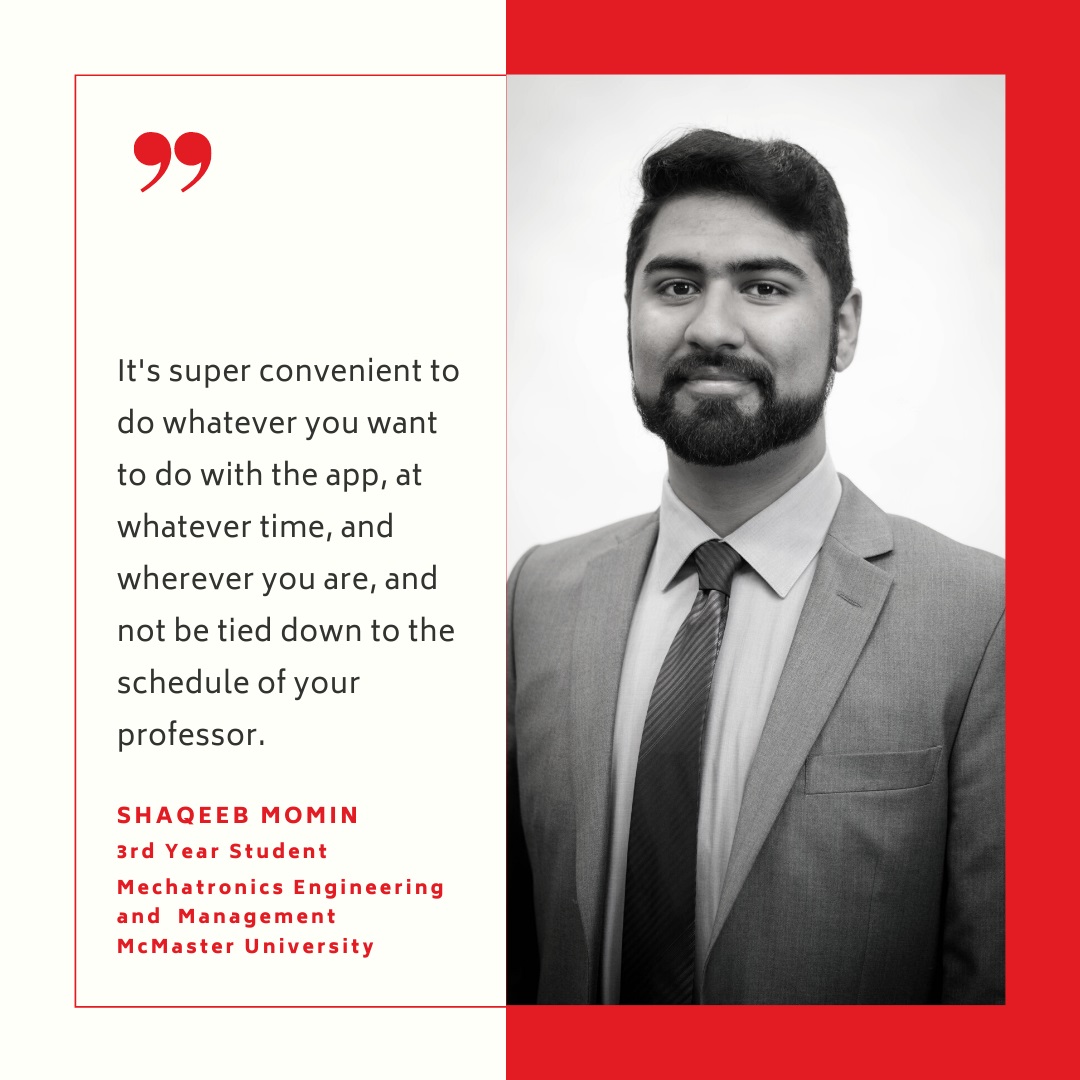 Visualizing the concepts for better understanding
Visualizing the concepts for better understanding
Speaking of the data acquisition, here is another example: Shaqeeb realized he didn’t understand how changing the sample rate would affect signal frequency until he used one of the dynamic simulations in the Experience Controls app. “There is a slider you can play around with and sample analog frequencies and the sample rate to see what exactly your data points would look like,” he explained. And doing that showed him visually how low frequencies could become a problem, and why he should be aware of the concept. In Shaqeeb’s opinion, the simulations make the Experience Controls textbook alive, illustrating concepts in a way a traditional book cannot. “All the interactive simulations are done fairly well and elegantly. If anything, just do more of them,” he suggested.
A textbook on the go
Another aspect of the textbook app that Shaqeeb liked is that he could use it anywhere. Because he was commuting a lot, he could easily pull out his phone and read through a module or listen to a podcast.
“The podcasts are amazing,” he complimented the team behind them. He would listen to each podcast a couple of times, just to make sure he really understood it. Only then he’d go into the actual module and start reading through it, looking at the diagrams, the math, taking a minute just to sort the information, and maybe even go back to the podcast again. That way, time spent in transit, or doing work not requiring full attention seems more productive.
For Shaqeeb, the podcast was a great supplement to the readings. “I learn better through a combination of audio and text,” he said. He also liked the fact that people who did the podcasts had industry experience as they would always have their own little tidbits of information or context from the real world to bring in. That made any concept both more exciting and easier to digest.
Did I really get it?
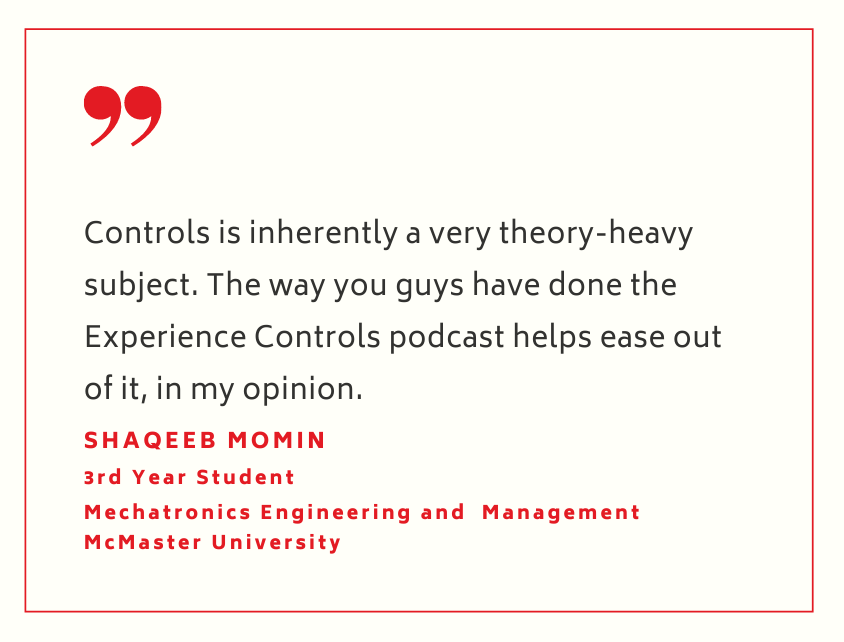 Shaqeeb also appreciated the mini-quizzes at the end of each module. “Quite often, when you read a chapter in a standard textbook, there’s very little to do afterward,” explained Shaqeeb. The Experience Controls quizzes gave Shaqeeb a good check if he was reading through and thinking that he understood the concept, as opposed to actually knowing it well enough to be able to answer the quiz questions. It forced him to practice in a way that didn’t feel like going through typical textbook questions.
Shaqeeb also appreciated the mini-quizzes at the end of each module. “Quite often, when you read a chapter in a standard textbook, there’s very little to do afterward,” explained Shaqeeb. The Experience Controls quizzes gave Shaqeeb a good check if he was reading through and thinking that he understood the concept, as opposed to actually knowing it well enough to be able to answer the quiz questions. It forced him to practice in a way that didn’t feel like going through typical textbook questions.
Bringing back the data acquisition example, Shaqeeb explained: “Do I understand why I should have a sample rate that’s around 8 to 10 times higher than my signal frequency?” If he was not able to answer that question from the mini-quiz, he knew he needed to go back. Shaqeeb’s only suggestion was to create a larger bank of questions so that he could test himself on a new set of problems each time after revisiting the theory in the module.
Shaqeeb will be taking his first official controls course in his 3rd year. For sure he will keep using Experience Controls and recommend it to his fellow students too.


